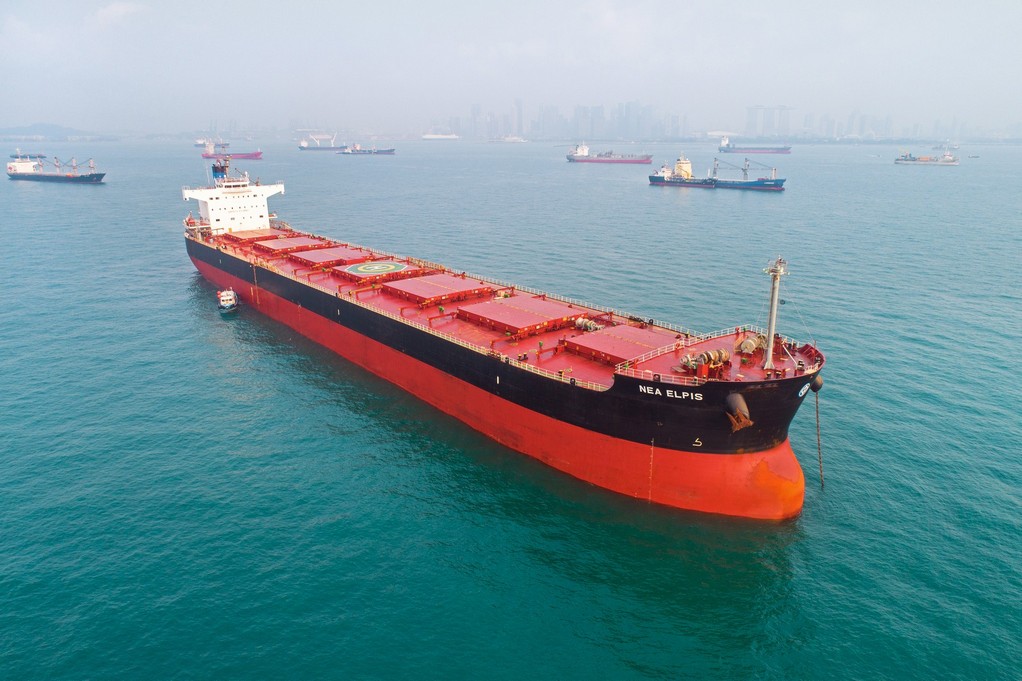The tanker fleet engaged in the Russian trade post-sanctions is predominantly Greek-operated and composed mostly of older aframax and MR tankers, according to Vortexa, a data analytics firm.
The size of the Greek-operated fleet post-European Union ban is nearly 2.5 times bigger than the next fleet, Russia’s.
Nevertheless, the market share Greeks enjoy of this lucrative trade is falling. Vortexa data shows Greek operators had a 40% market share of Russian crude leaving Baltic and Black Sea ports last year, a share that has now fallen to 33% with the rise of Indian and UAE-controlled tanker fleets.
In the clean tanker trades out of Russia, the Greeks are far more dominant. The Greek-operated fleet moving Russian CPP is about four times larger than the next-largest fleet, according to Vortexa.
Similar behaviour is seen in the clean tanker segment, particularly in MR tankers, which has consequently reduced the size of the mainstream tanker fleet and added more volatility to freight rates in recent weeks.
Having risen steadily since the start of 2022 prices for secondhand MRs are currently at the highest levels since October 2008, according to VesselsValue. The volume of MR sales has firmed, rising by 39% year-on-year, with 79 sales reported so far this year. The average age of vessels sold in 2023 to date is 14 years.
Data from broker Gibsons shows a growing number of western players seeming to be gaining confidence to lift Russian cargoes.
Russian crude exports have thus far remained robust. Shipped volumes were 5.33m barrels per day in March, which averages to just over 5m barrels per day so far in 2023 versus 4.6m barrels per day in 2022.
Tags: Europe, Greek Fleet, MR Takers, Russian Crude



Recent Posts
New Report Highlights Potential of Voluntary Insetting to Support Maritime Decarbonisation, Calls for Robust Safeguards
Smart Ship Hub achieves industry first with ABS emission reporting
Henkel Rolls Out India’s First Mid-Haul Re-Powered Electric Trucks for Commercial Logistics
Sustainability in Focus at 11th SIAM Automotive Logistics Conclave in New Delhi
L&T Energy GreenTech to Establish India’s Largest Green Hydrogen Plant
JK Srivastava Group and Hynfra Announce $4 Billion Green Ammonia Project in Andhra Pradesh
Andhra Pradesh Unveils Ambitious Green Hydrogen Valley Plan to Lead India’s Energy Transition
South Africa advances plans to decarbonize shipping sector